Next generation cotton won't need ironing
Cotton shirts that don't need ironing could be a reality thanks to a new CSIRO project.
A team of Australian researchers has started working on developing a cotton with many of the properties of synthetics, such as being stretchy, non-creasing and even waterproof, while retaining a natural fiber feel.
They are first examining what determines the length, strength and thickness of cotton fibers to see if a plant can be grown with fibers that express the characteristics of a synthetic.
"We're looking into the structure of cotton cell walls and harnessing the latest tools in synthetic biology to develop the next generation cotton fiber," CSIRO scientist Dr Madeline Mitchell said.
"We've got a whole bunch of different cotton plants growing; some with really long thin fibers, others like the one we call 'Shaun the Sheep', with short, woolly fibers."
In addition to improving functionality of cotton clothing, the work also has the potential to make substantial inroads into the problem of microfiber pollution. Polyester and nylon materials shed synthetic microfibers during washing and in windy conditions, which then bio-accumulate in the environment and don’t break down.
Cotton clothing also sheds microfibers, but these are biodegradable and break down naturally and rapidly in the environment.
As well as environmental reasons, there is a strong commercial imperative for improving the versatility of cotton.
"If we can produce next-generation cotton, we can take a large market share of the synthetics industry. That’s a win not just for Australia's $2.5 billion industry but also for the environment," Managing Director of Cotton Seed Distributors Peter Graham said.
In 1995, synthetics constituted about half of the global fiber market and by 2015 it had risen to 77 per cent. The overall growth in the size of the fiber industry means that while the cotton market hasn't shrunk, it also hasn't significantly increased.
"Synthetics may be cheaper to produce and require less ironing but people like natural fibers. They would just prefer if they didn't crease so much or if they could stretch," Dr Mitchell said.
The next generation cotton research is part of CSIRO's Synthetic Biology Future Science Platform, a $AUD13 million investment in science that applies engineering principles to biology. SynBio projects aim to provide societal benefits and opportunities for a wide range of industries.
You can hear more about the project here.



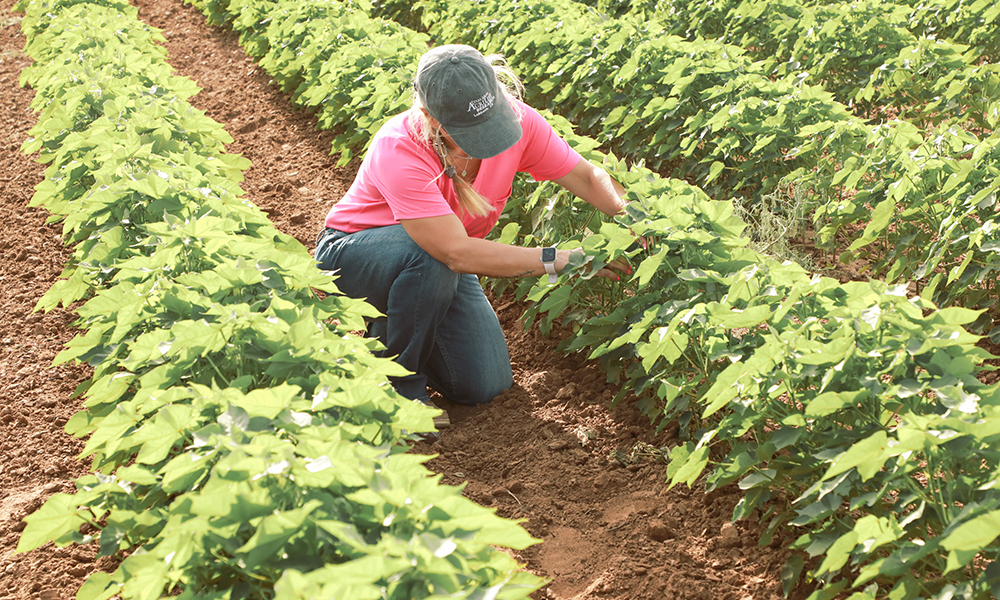
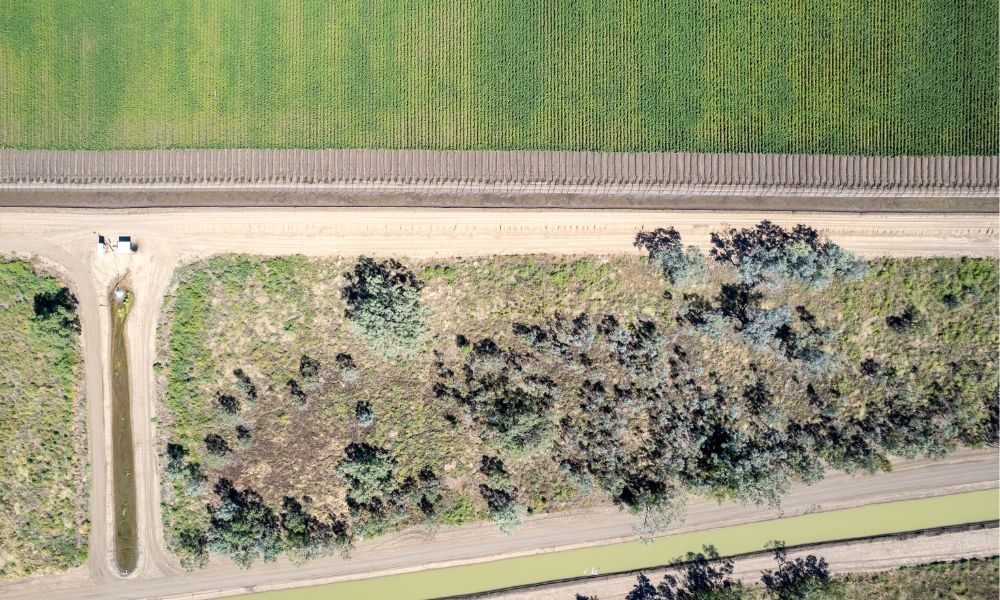
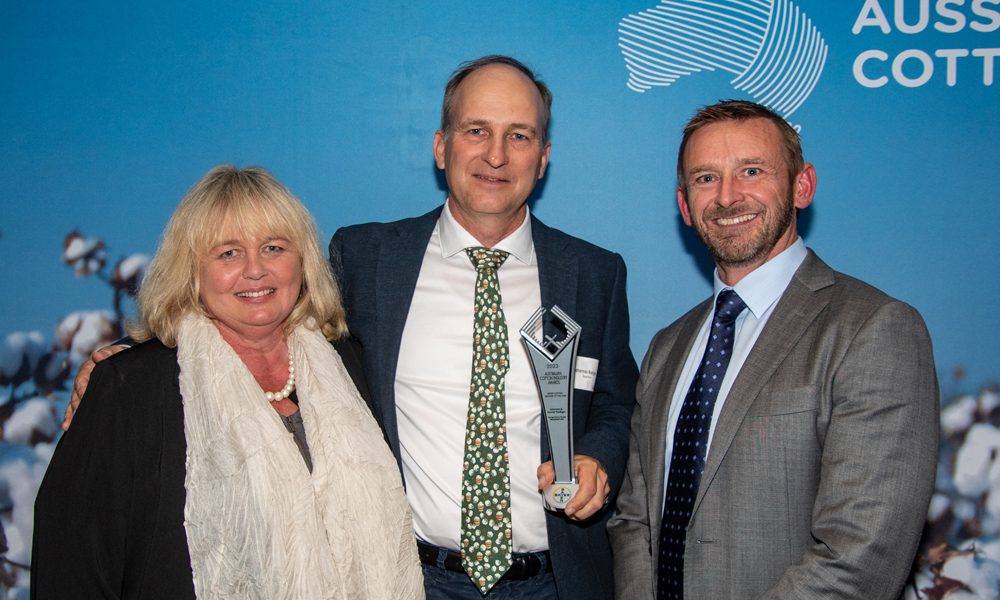
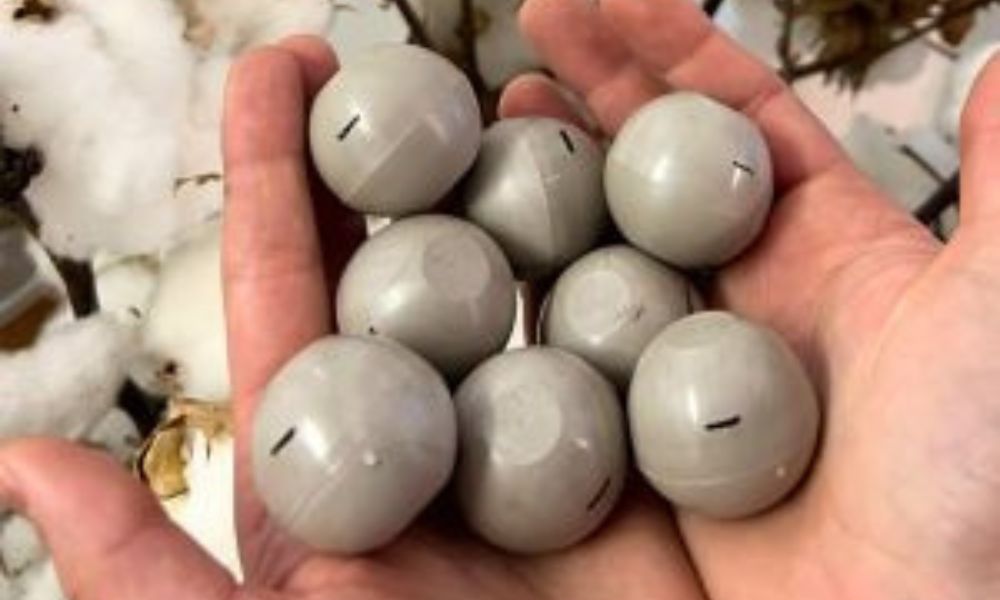
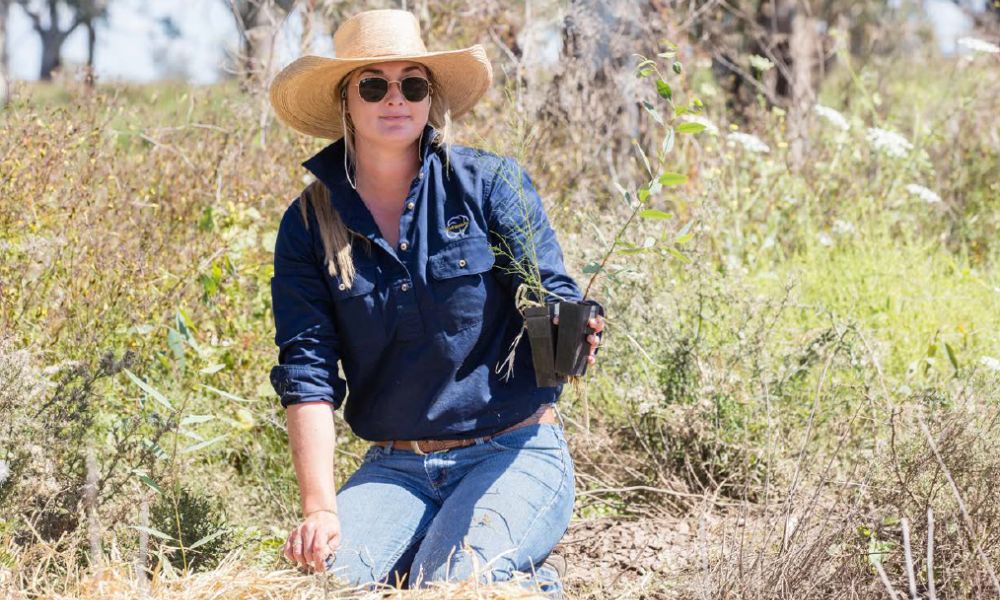
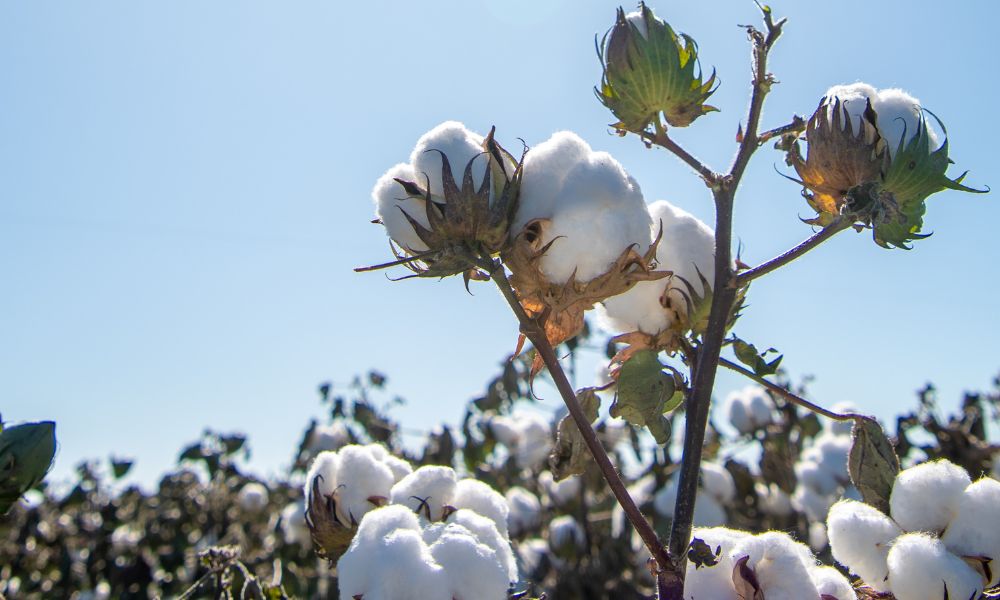


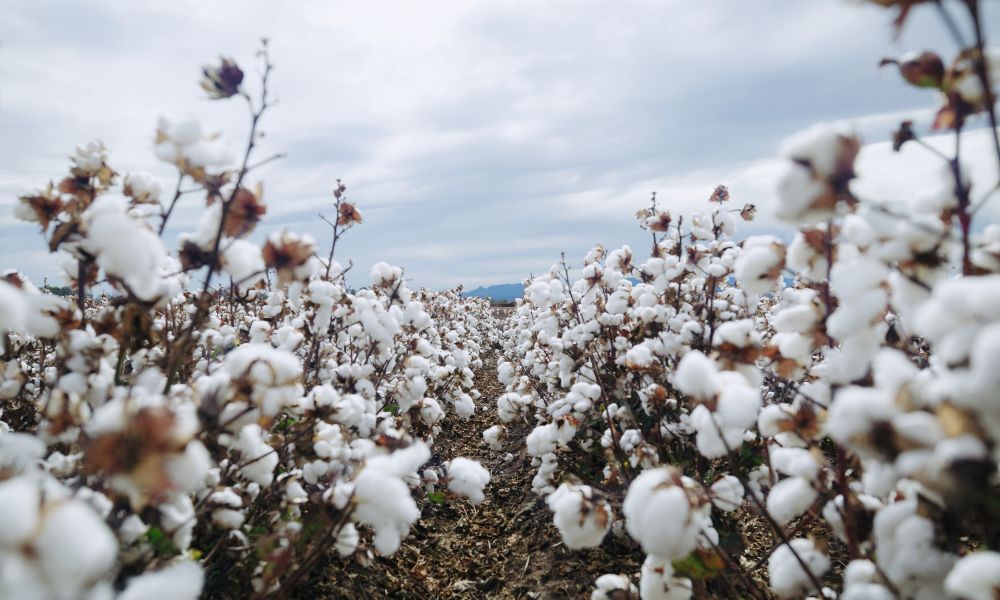
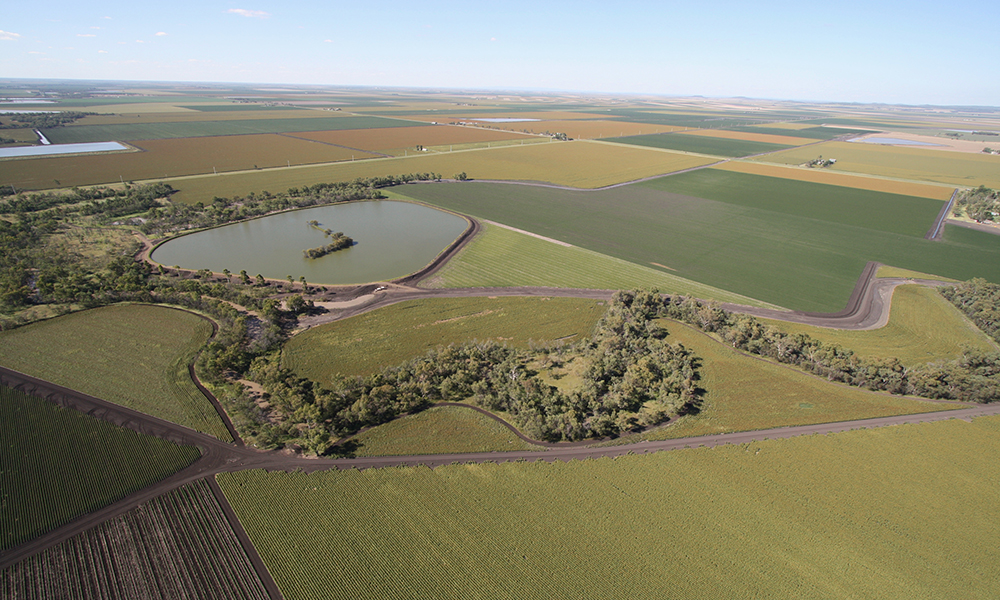
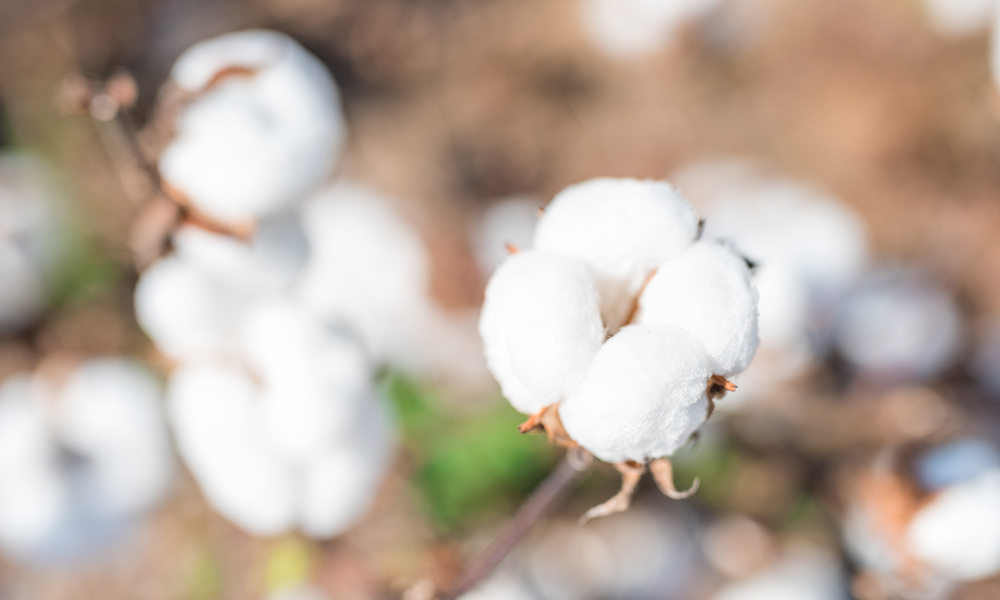

Recent Comments